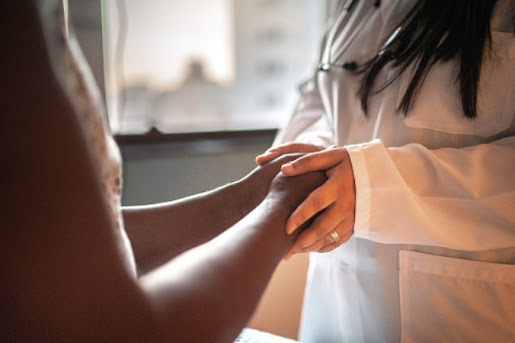- Get link
- X
- Other Apps
- Get link
- X
- Other Apps
At other times, the indications do not change depending on the patient's sex, but the diagnosis does. Initially, there is a singularity: specialists in this field of medicine agree that women are overdiagnosed and overmedicalized. This happens, for sample, in some usual courses, such as gestation, childbirth and menopause. Marta Evelia Aparicio, professor at the Ability of Psychology of the Complutense University of Spanish capital and holder of a master's degree in gender studies, points out that “if a man goes to the specialist and tells him that he is tired, he is sad. and that not wanting to have sex does not diagnose depression, but provides vitamins; if a woman goes there, it is normal for her to leave the consultation with a prescription for an anxiolytic or an antidepressant ”.
Since the turn of the century, the consumption of psychotropic drugs in Spain has tripled to the point of becoming the fastest growing group of drugs. Almost one in five people use anxiolytics, sleeping pills or antidepressants, and the number of womenfolk who income them is double that of men, according to data from the Spanish Society of Family and Community Medicine (SEMFyC). Is this change right?
In the estimation of the experts consulted by "VERY", many patients will be introduced immediately after the psychotropic drug, because it solves their problem and will make them chronic. Aparicio considers the following: “Maybe they have role overload. If so, the next step is to reorganize the time and delegate functions to others. When the overload is reduced or goes away, anxiety levels decrease ”. This is a personal condition, but it also affects the healthcare professional who, in order to make an accurate diagnosis, is essential in determining the origin of indications.
Noelia Somarriba, professor of economics at the Gender Chair
at the University of Valladolid, participates in a research group that studies
the socio-economic factors that influence health and explains why women are
generally worse than men. To overcome this gender bias, she sees education as
one of the most powerful tools: “On the one hand, it allows us to better
understand everything related to health and, on the other hand, it allows us to
people to access higher income levels that provide access to the mechanisms.
that they promote conciliation. As a result, women have less stress and better
health. "
Practitioners of the genre point out that the knowledge it brings to many other industries, such as cardiology and pharmacology, is essential to the sustainability of the health system, as it would improve its efficiency. For this to materialize, it is indispensable that the medical profession - of all specialties - recognize that the needs of men and women, in many aspects of health, are different. These dissimilarities often stem from simple physiological differences in their bodies, which developed over millions of years to improve their chances of survival, and today, although no longer an evolutionary advantage, they are still present. . .
venturebeatblog beautymagnetism beautyation charismaticthings businessknowledgetoday
- Get link
- X
- Other Apps
